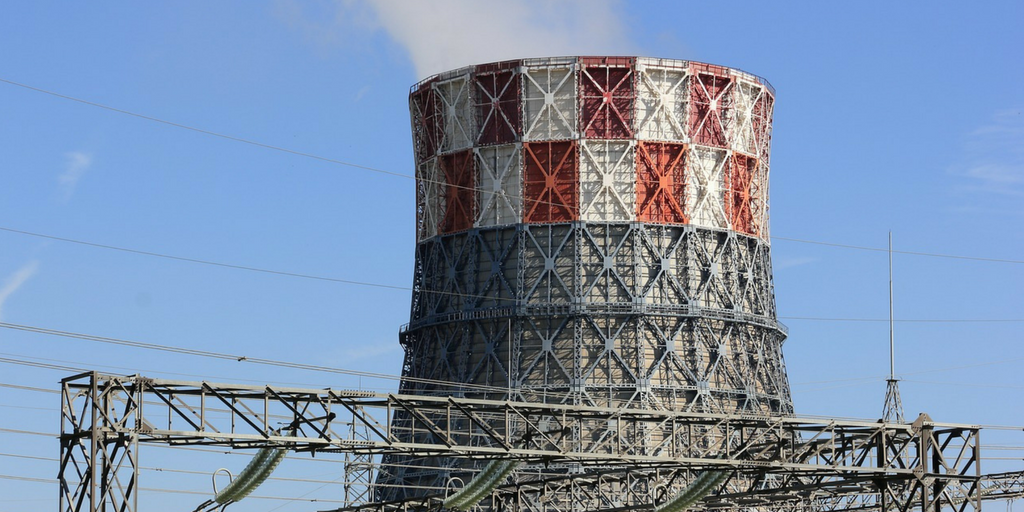Gacko II, Bosnia and Herzegovina
The Republika Srpska government plans to build a new 350 MW lignite power plant in Gacko, near the town’s existing plant. After years of stagnation, in August 2022 it was reported that the Czech company Witkowitz was considering investing in the project.

Stay informed
We closely follow international public finance and bring critical updates from the ground.
Background
In December 2017, a Memorandum of Understanding was signed between state-owned utility Elektroprivreda Republike Srpske, the China Machinery and Engineering Corporation (CMEC) and Emerging Markets Power Fund, to build a new 350 MW lignite power plant in Gacko, near the town’s existing plant. After years of stagnation, in August 2022 it was reported that the Czech company Witkowitz was considering investing in the project. However, it is still unclear where financing would come from.
As is too often the case in southeast Europe, there has been no convincing analysis proving that this plant is needed or that it would be the best way to provide Bosnia-Herzegovina’s energy supply in the coming years.
In April 2018 an analysis by economist Damir Miljević showed that fatal flaws in the input data make it highly likely the plant will generate losses. Three out of the main data inputs for the official feasibility study – the price of coal, electricity sales price, and the price of CO2 – are unrealistic:
- A realistic price of coal is mentioned in the study as just over EUR 18 per tonne – yet the amount used in the calculation is much lower, around EUR 13.3 per tonne.
- The Study foresees export of all the electricity generated, at a price of EUR 50 per MWh, except in exceptional cases when 30% would be sold on the domestic market at EUR 19.90 per MWh. There no evidence that the electricity would find a market in the long term and that it could be sold at this price. Moreover, the scenario including 30% of electricity being sold domestically is not even examined in the calculation – if it was it would show that the plant is unprofitable.
- A CO2 price of EUR 5 per tonne is mentioned in the text, but not included in the feasibility calculation. Including even this very low CO2 price in the calculation would take the plant into the realm of unprofitability.
The analysis concludes that although the official feasibility study for Gacko II claims it would generate profit of around EUR 23 million per year, with more realistic input data, a loss of minimum EUR 1.15 million per year looks more likely.
By now the study is also very much out of date, and the impacts of the EU’s planned Carbon Border Adjustment Mechanism would need to be taken into account for any electricity planned for export.
A March 2023 study by IEEFA found that Gacko II would become a stranded asset under several scenarios, even with generous assumptions that favour lignite generation, and that financing for the project is uncertain. The study also found that investing in onshore wind and utility-scale solar PV would offer safer and improving returns, quicker construction and cleaner power, as well as better access to financing.
In October 2023, an environmental impact assessment process began for the project, but as of December 2024, it has not yet been completed.
Latest news
A New Year’s resolution for Novaci – clean air
Blog entry | 15 January, 2019Macedonia made headlines in December when the United Nations ranked its capital city, Skopje, as the most polluted capital city in Europe. If the ranking included non-capitals, it would not miss Novaci – a small village in the country’s south that also gasps for breath.
Read moreA Balkánról mérgezik egész Európát
Bankwatch in the media | 19 December, 20182005-ben született meg az Európai Unió és annak szomszédai által létrehozott Energiaközösség azon határozata, hogy a nyugat-balkáni országoknak 2018-ig muszáj kontrollálniuk az erőműveik károsanyag-kibocsátását, mivel annyira szennyezők, hogy összesen.
Read moreBosnia-Herzegovina settlement agreement shows coal plant environmental assessment is illegal
Press release | 29 November, 2018The Bosnia and Herzegovina authorities and the Energy Community Secretariat have signed a settlement agreement regarding the environmental impact assessment for the planned Ugljevik III coal-fired power plant, in which Bosnia and Herzegovina committed not to use the environmental permit issued as a result of the procedure. [1]
Read moreRelated publications
Beyond the scoreboard: Energy sector transformation under the Reform and Growth Facility for the Western Balkans
Report | 5 December, 2025 | Download PDFThis analysis offers an overview of the energy-related reforms from Albania, Kosovo, Montenegro, North Macedonia and Serbia and then evaluates the countries’ progress.
A perfect storm: The Western Balkans power sector in the time of CBAM
Report | 29 October, 2025 | Download PDFStarting with the EU’s Carbon Border Adjustment Mechanism (CBAM) full implementation in January 2026, most electricity generation companies in the Western Balkans will be heavily affected.
Comply or Close 2025: Seven years of deadly legal breaches by Western Balkan coal plants
Report | 17 June, 2025 | Download PDFThe end of 2024 marked seven years since the deadline passed for power plants in the Western Balkans to meet new air pollution standards.
